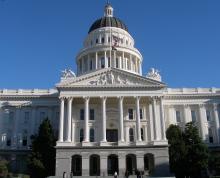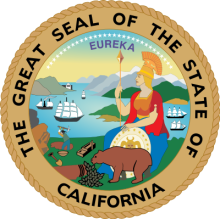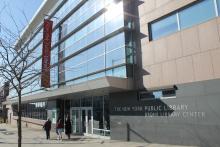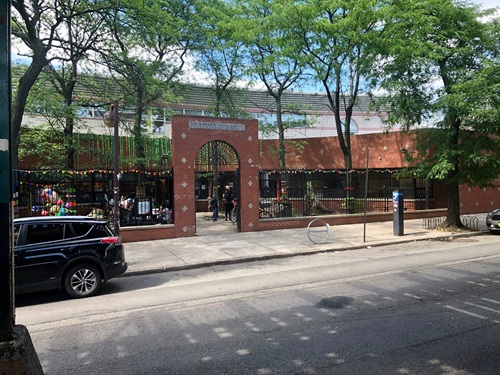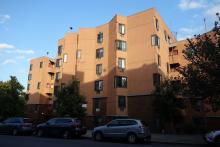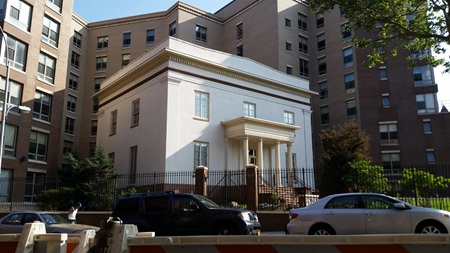Supreme Court Still Won't Review N.Y. Affordable Broadband Act
*In partnership with Broadband Breakfast, the following story by Broadband Breakfast Reporter Jake Neenan was originally published here.
The broadband industry keeps trying to get the Supreme Court to help them, and the Supreme Court keeps saying no.
The high court said again Monday that it will not hear the industry’s challenge to a New York law capping broadband prices for low-income customers. The denial Monday...keep(s) the door open for other states considering similar laws.
State legislators in at least California and Massachusetts are already considering similar laws.
ISPs had told justices they feared states doing so, writing that if the law were upheld “many state legislators and bureaucrats would surely then follow New York’s lead.”
New York’s Affordable Broadband Act requires monthly prices of no more than $20 for households participating in programs like SNAP and Medicaid. ISPs with less than 20,000 subscribers were tentatively exempted, but large ISPs now bound by the law cover 95 percent of the state’s homes and businesses.
Charter and Altice already offered compliant plans per agreements with the state, and Verizon had a similar affordable plan with more stringent eligibility requirements. The law went into effect Jan. 15.




